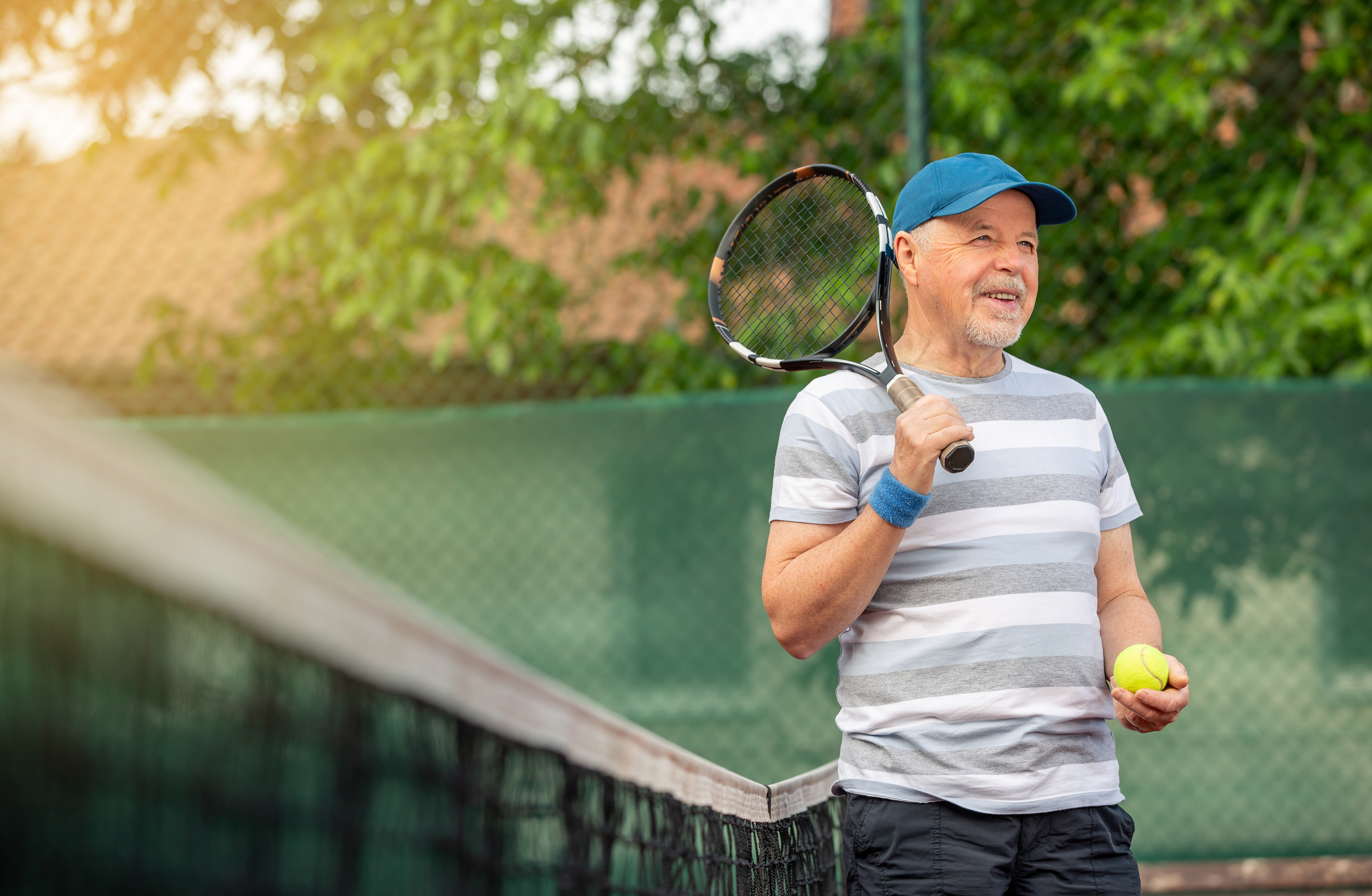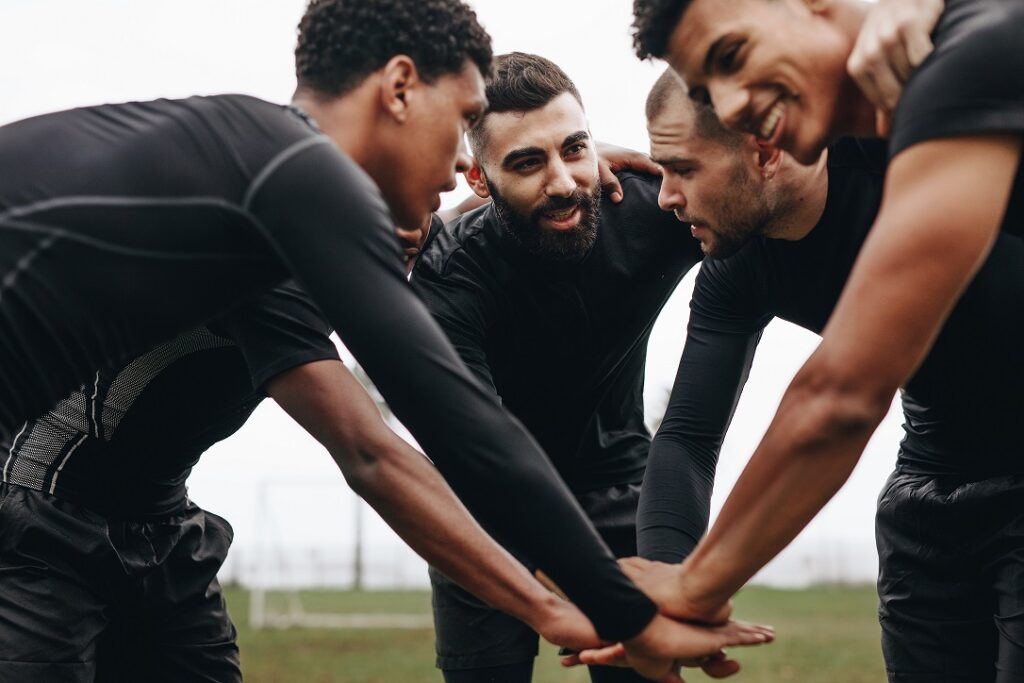Control over practice
Giving athletes control over certain practice elements is one way that coaches can increase motor learning, even when that choice is unrelated to a motor task. During a retention test, research participants given a choice of golf ball colour during putting practice outperformed participants not given a choice of colour.
Tri-level mentoring
Tri-level mentoring is a model in which coaches mentor youth leaders who then mentor their peers or younger youth. In this way, the benefits of effective mentorship cascade to influence positive developmental outcomes for all youth involved in programming. Learn more about tri-level mentoring and effective strategies to support youth leadership development in the SIRCuit.
Transformational coaching
In sport, transformational leadership involves empowering athletes and providing them with the values, skills, and mentorship to achieve their full potential, both on and off the field. Coaches with greater transformational leadership have been found to produce athletes that are more independent, and less reliant on their coaching.
Parasport coaching
Coaches matter! Research with female youth parasport program participation revealed coaches can be sources of encouragement and motivation; or negatively affect athletes’ participation if they’re not experienced in parasport skills. The findings reinforce the importance of coach education for quality parasport experiences.
Relative Energy Deficiency in Sport: What Coaches Need to Know

Mary Cain, a former record-breaking phenom, made a different type of headline when she spoke up about the pressure she faced to lose weight that caused her to disappear from the running scene (Cain, 2019). Cain’s willingness to speak up started a social media movement that brought to the public’s attention the cost of under-fuelling…
Maximizing Social Learning Spaces in Sport Organizations: A Story about Creating Value

The global knowledge society is one in which we can never know everything we will need to know to be successful – something the pandemic has brought into sharp focus. Sport leaders need an agile method capable of gathering knowledge from many sources and that encourages reformulations and innovations to address ever new challenges. With…
Giving Due Deliberation to Masters Athletes: The Time has Come

Paradoxically, Masters sport is equally celebrated and ignored. Masters athletes are celebrated because they are motivated, goal-oriented, and determined to thrive at ages when sport participation has traditionally waned – they defeat stereotypes and allow us to rethink possibilities. Yet Masters athletes (MAs) can also be an “after-thought” in sport organizations, receiving scarce attention. Our…
Self-Compassion in Sport 101

If you have been involved in the coaching or administrative side of competitive sport, chances are you have seen athletes experience emotionally difficult setbacks. These setbacks can range from devastating performance failures (e.g., “choking” during an important competition), to facing harsh, negative evaluations by others (e.g., spectators, teammates, competitors, parents) and/or themselves (the self-critic is…
Happy New Year
Welcome to 2021! The SIRC team is looking forward to an exciting year of keeping you informed with the latest news, research, and jobs from the sport community across Canada. Be sure to follow us on Twitter, LinkedIn, and Facebook. In case you missed it, be sure to check out our Looking Back – 2020…
Subgroups vs cliques
Worried about the subgroup dynamics within your team? Subgroups represent those “good” groupings that show prosocial behaviours, and can be leveraged to positively influence the team culture. Cliques are debilitating, excluding or ostracizing teammates, lowering self-esteem, and promoting antisocial and unethical behaviours. Coaches should be proactive in addressing the negative impact of cliques.